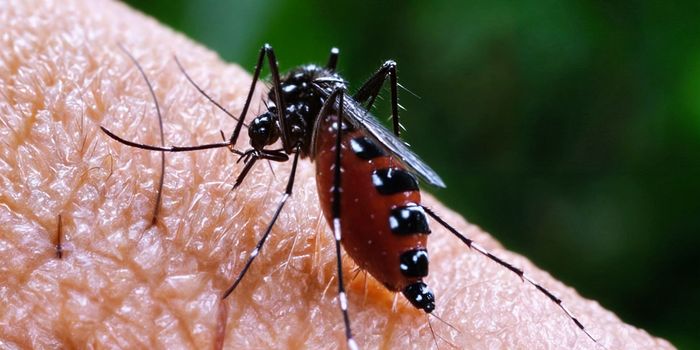Immune System Responsible for Organ Failure in Malaria
In the most severe cases of malaria, a person can experience organ failure and die. Often times, though, this is not directly due to the parasitic malaria infection. Rather, it’s due to an overreaction of the immune system in response to the parasite. A recent Science Immunology study published these findings.
From the Max Planck Institute for Infection Biology, researchers describe how neutrophil extracellular traps (NETs) rage out of control in the immune system and lead to potentially lethal organ damage. NETs are produced by the human body’s favorite white blood cell: neutrophils. In a healthy immune response, neutrophils react to pathogenic invasions by self destructing and producing NETs, but they can also attack the body’s own tissues.
Neutrophils and NETs become less of a solution and more of a problem when an immune response expands past a temporary, local reaction. Now, researchers make the connection that this expansion could cause organ damage in cases of malaria. NETs push malaria-infected red blood cells to attach to blood vessel wells, blocking blood flow through the vessels and leading to oxygen depletion, bleeding, and ultimately, organ failure.
Researchers employed a mouse model of malaria, utilizing a special rodent variant of the malaria parasite that causes liver damage and mimics human malaria infection. They observed a high concentration of neutrophils and NETs in the blood of infected mice, but in mice genetically altered so that they could not produce NETs, there was no liver damage.
Researchers found high levels of NETs in samples taken from individuals with severe cases of malaria from Gabon and Mozambique.
The World Health Organization (WHO) estimates that there were 219 million cases of malaria in 87 countries in 2017. The malaria parasite is delivered to the human bloodstream through mosquito bites. In a less severe case, the infection causes flu-like symptoms and severe fever. In more dire cases, the infection can cause tissue damage, organ failure, and death.
Sources: Max Planck Institute for Infection Biology, Nature Reviews Immunology








